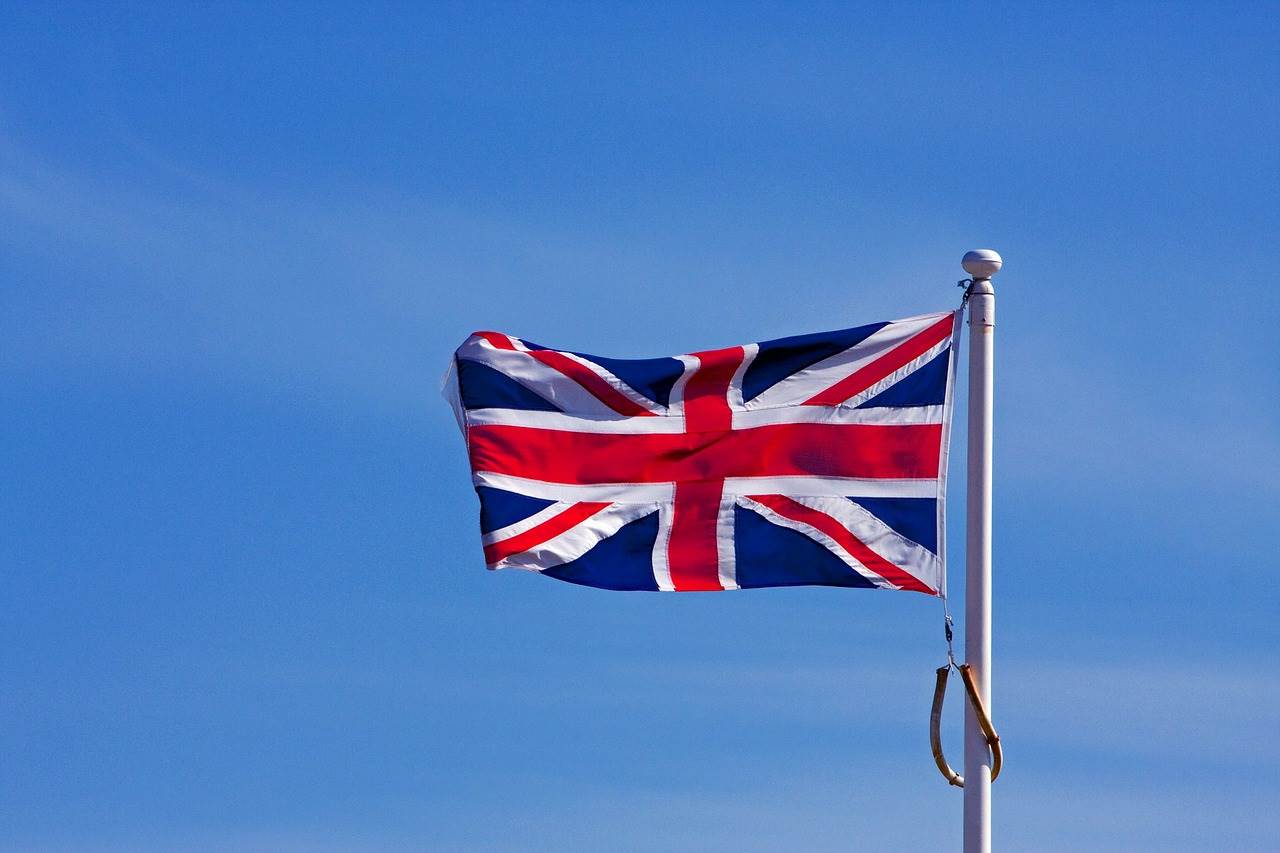According to data released by the Office for National Statistics the United Kingdom's GDP just had its largest monthly contraction since 1997, falling 5.8 percent in March and contracting 2 percent on the first quarter of this year, compared to the last quarter of 2019, which is the biggest drop since 2008.
 “The sharp contraction in UK Q1 GDP comes as little surprise, but does clearly highlight the magnitude of the challenge facing policymakers,” said a JP Morgan Analyst.
“The sharp contraction in UK Q1 GDP comes as little surprise, but does clearly highlight the magnitude of the challenge facing policymakers,” said a JP Morgan Analyst.
The Bank of England expects that the fall will be even more sharper on the second quarter of 2020, as its foresees a 25 percent contraction which would be the largest decline in 300 years.
Manufacturing production plunged 4.6 percent (month-to-month) in march, as well as contracting 9.7 percent on an annualized basis. Total industrial output dropped 4.2 percent (month-to-month), while falling 8.2 percent on an annualized basis.
Retail sales have also been hit by the lockdown, contracting 19 percent in April (year-to-year) the biggest ever registered. Non-food store sales plunged 36 percent on the first quarter, while online non-food items sales fell 60 percent.
Markets also learned that the finance ministry sees the country's budget deficit hitting a record figure, ar 337 billion pounds (about 414 billion dollars), at least taking into account the worst-case scenario. If there's a V-shaped recovery, the deficit is projected to hit the 209 billion pounds level, and if there's a U-shaped recovery (which is considered more realistic) the deficit would hit the 83 billion pounds level on the next two years.
The UK is currently aiming to reopen its economy gradually, at least according to the latest declarations of the Prime Minister Boris Johnson. At the moment, there are about 226,463 confirmed Covid-19 cases and a death toll of 32,692, which makes the UK one of the most affected countries in Europe and the world, only surpassed by Russia, the United States and Spain.
After the GDP data, the Finance Minister Rishi Sunak confirmed that it was very likely that the UK will be facing a "significant" recession this year, confirming that they are amid one.
“We have to support people’s jobs, their incomes, livelihoods at this time, and support businesses so we can get through this period of severe disruption and emerge stronger on the other side,” he said.
The markets are now speculating about the Bank of England's next move to face the detrimental effects of the virus on the country's economic performance. According to some, the Bank of England may be considering establishing its benchmark cash rate below zero.
By 10:53 GMT the Pound Sterling advanced 0.27 percent against the US dollar, hitting the 1.2292 level. Conversely, it advanced 0.19 percent against the Euro, hitting the 1.1321 level.
